QuestionI have an african grey that will be 3 years old in June. I have had him since about 4 months old and he has been nothing but sweet and cuddles with me. He has an extensive vocab and has never ever bit me...until last week. Friday we were on our way to the computer room and he chomped down hard on my hand. I put hi on his perch and washed my hand and then had him step up again to travel back to his room. He then bit down so hard I had to drop my hand and him to get him to release. I had to leave that weekend and he stayed with my parents, when I picked him up he was fine until the next day. He didn't want to come out of the cage and began lunging at me. He has willingly stepped up for me but then acts like he wants to back into the cage and will bite me especially once I'm settig him down back into the cage. I have endured a few more bites and tried to be patient and move slow, talk soft, but just now I put him back into his cage and as soon as I went to shut the door he started lunging at the bars and nailed me really good. I know he is moulting, but would this really cause the violent behavior? Is it onset adolescence? Why is my amazingly wonderful sweet grey turning into a biting shark? He is on a great diet of Harrison pellots, small amount of fortified seed and frsh treats. He still talks and sings like normal but I want to "nip" this biting thing in the butt asap...can you help me?
AnswerThe most promising part of this is that you're so determined to work with him rather than react and give up.
You're right that this might be part of his maturing, even though he probably reached sexual maturity a while ago, this would be entering his peak years and aggression isn't unusual.
You're doing the right things by continuing to handle him regularly and trying to stick to your normal behaviors with him. This is very important so no matter how much you might want to just leave him alone, don't.
When it comes to the actual biting, just as you've done, an "earthquake" to distract him or rushing to another room should prompt him to let go. It's best if you choose a room he's not used to being in (perhaps a bathroom or even a walk in closet, you get the idea).
Now that you know he's biting upon being put down, quickly drop your arm out of harms way when you do it - and tell him "Don't bite!". Be very quiet and stand there for a moment (out of biting range), looking directly at him. When you see he's a little calmer, praise him, talk like you normally would and make your parting a pleasant one.
His behavior is what's called "cage protective". This is a territorial behavior that I see in all companion birds, from the smallest to the largest and it doesn't matter if they're male or female.
It may never fully stop, but I've found that it does seem to be a stronger behavior at different times of year (this being one of them).
I have a lot more info about modifying behaviors like this at my site (it's all free), so please take a look.
With all this said, I need to remind you that unusual behaviors should always - always get a vet visit with a good health profile done. Have a crop and vent swab done to rule out infection, a blood chemistry to rule out any disease and the peace of mind you'll have is amazing.
Let me know how you make out.
Visit www.4AnimalCare.org

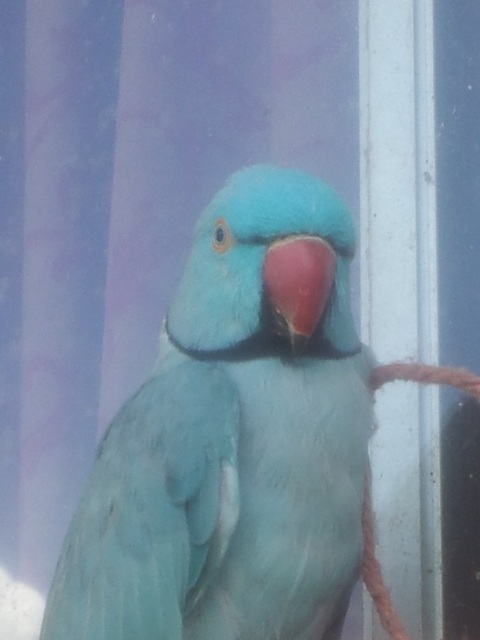 RE: Indian Ringneck probems
Question
Indy our Ringneck
Thank you for your he
RE: Indian Ringneck probems
Question
Indy our Ringneck
Thank you for your he
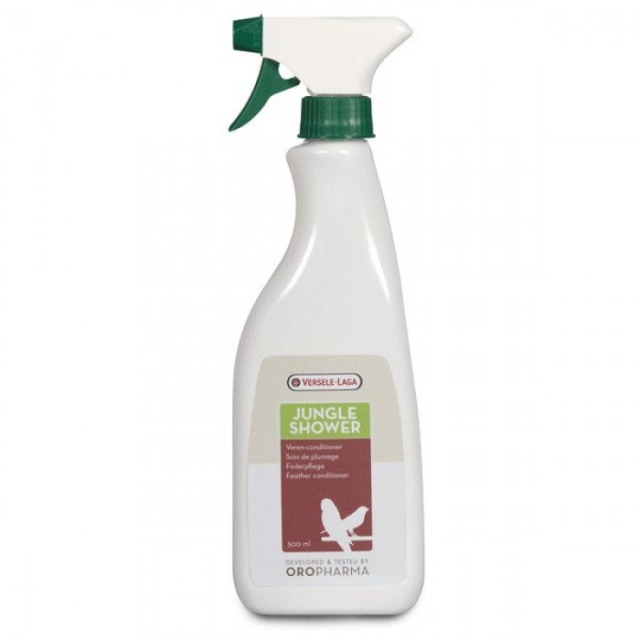 Indian Ringneck Health Issue
QuestionI have an Indian Ringneck who had been neglecte
Indian Ringneck Health Issue
QuestionI have an Indian Ringneck who had been neglecte
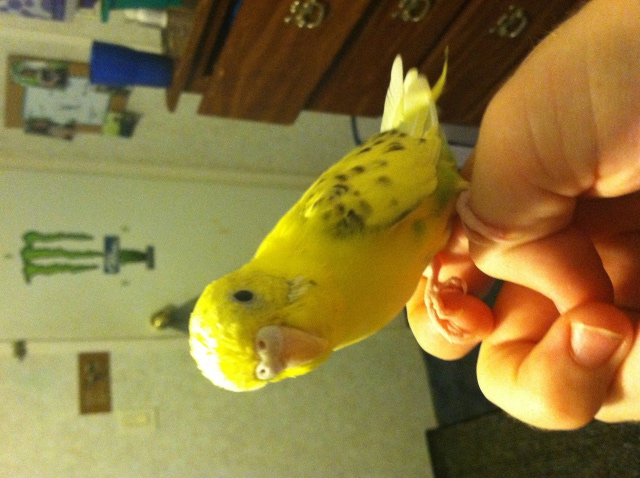 Parakeet gender
Question
Parakeet
Hi, I looked for an expert und
Parakeet gender
Question
Parakeet
Hi, I looked for an expert und
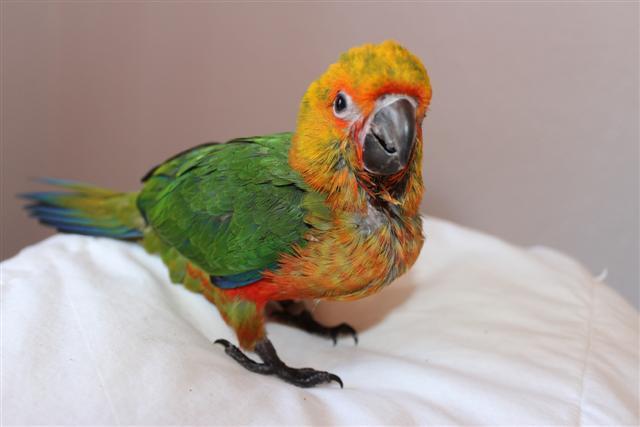 Jenday Conure Weaning?
Question
Castor the Conure
Hi
I have a 9 week o
Jenday Conure Weaning?
Question
Castor the Conure
Hi
I have a 9 week o
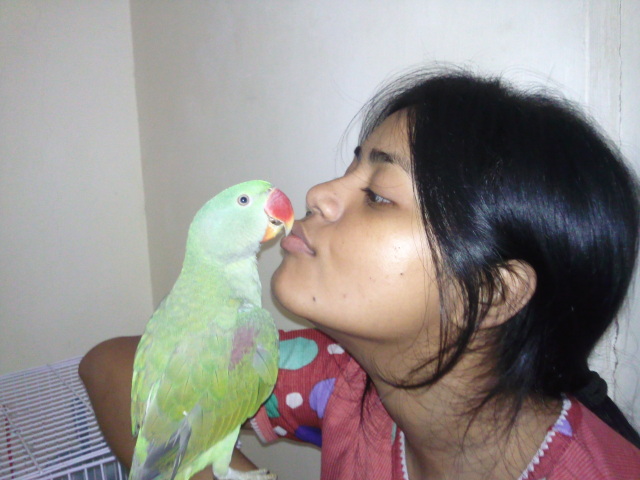 can i give my parrot chole(chana) called in hindi
Question
my little chaddi alexa
dear sir,
can give chan
can i give my parrot chole(chana) called in hindi
Question
my little chaddi alexa
dear sir,
can give chan